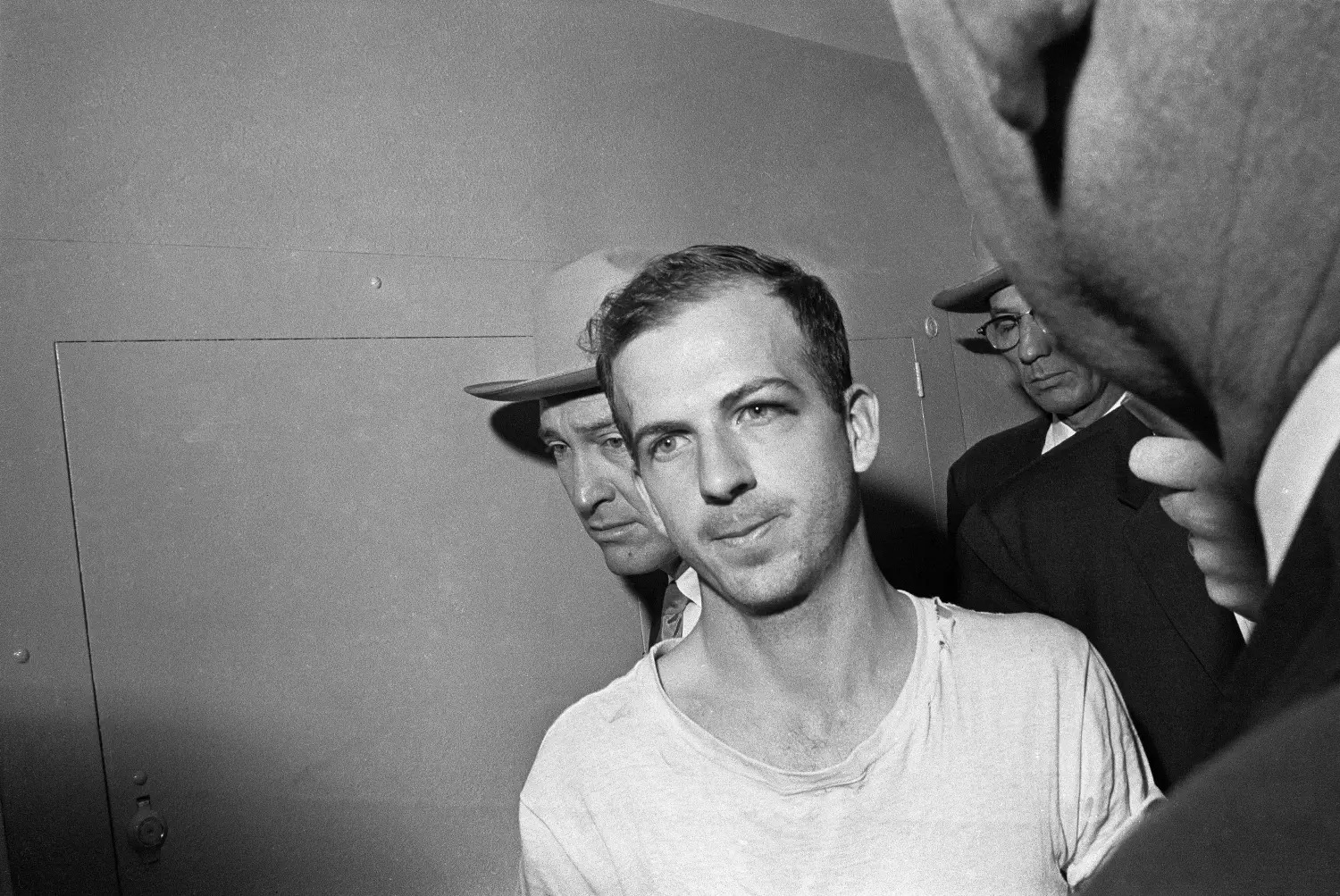Meta’s Connect 2025 keynote will probably be remembered for its failure, more than its products. The Ray-Ban smart glasses wouldn’t take a WhatsApp call. The “Live AI” feature hallucinated ingredients that weren’t there. A building full of devices inadvertently launched into a denial-of-service spiral.
The spectacle was humiliating, amplified across social feeds in seconds. But for all the derision and the criticism, I'll say this: at least Meta showed us the reality of the technology. And in today’s market, that matters.
Apple once made its name on that same principle. Steve Jobs’s presentations were theater, but they were live theater. A Wi-Fi demo that nearly failed was proof that the product was real. Today, Apple keynotes are shot like a slick Hollywood blockbuster: precise, polished, sterile. No latency, no unpredictability, no sign of where the technology might stumble.
It’s marketing without risk.
And as a result, it tells us nothing.
The Loss of Suspense
Apple’s post-2020 strategy for events is clear: control every variable. The drone shots of Apple Park, the choreographed transitions, the pristine “live” cutaways all reinforce the brand’s aura of inevitability. But that inevitability strips away the tension that made Apple launches compelling. A live demo has a heartbeat. It can succeed or fail. A cinematic keynote is just playback. No risk, no revelation.
And risk isn’t just drama for its own sake; it’s informational. When Meta’s glasses hallucinate, we learn about the fragility of real-time AI assistants. When a call fails to connect, we learn about network dependencies and bugs that matter to actual customers. Apple’s videos, by contrast, eliminate the possibility of learning anything about what happens outside of Cupertino’s controlled conditions. The absence of risk is an absence of signal.
Companies hate failed demos because markets punish them. Meta’s stock dipped after the keynote. The coverage was brutal. But markets also discount heavily produced narratives. Investors, developers, and customers know that edited videos are advertising. A failed demo tells us something different: that the company is actually building. That the systems are real enough to break. And that the ambition is larger than the polish.
Some of the most iconic computing moments have come through failure. Bill Gates’s Windows 98 crash. Steve Jobs’s fragile iPhone prototype. They did it live, and they created trust. The technology was so new that it barely worked - but it did work. It was real enough to falter.
Meta’s Embarrassment, Apple’s Perfection
Meta’s 2025 keynote looked chaotic because it exposed fragility in public. Apple has spent years ensuring the opposite: nothing fragile is ever shown. But fragility is the truth of technology adoption. Developers working with new platforms encounter bugs, latency, and brittle integrations every day. Apple’s refusal to acknowledge that reality makes its events feel increasingly like propaganda. Meta’s failure, oddly, and quite possibly for the first time in the company's 20 year existence, felt honest.
To be clear, Apple’s approach is effective marketing. The videos are beautiful. The message control is flawless. But the cost is trust. When Apple promises “Apple Intelligence” will just work, why should customers or investors believe it? The risk-free demo doesn’t provide evidence. It provides aspiration without grounding.
Theater thrives on risk. Cinema eliminates it.
Jobs pacing a stage with fragile prototypes was theater.
Meta’s chaos in 2025 was theater.
Today’s Apple Park epics are cinema.
Which of these is more valuable?
The answer is uncomfortable for Apple: theater is riskier, but it provides more signal. Cinema is safer, but it provides almost none.
Live demos force companies to confront their claims. If Siri is really better, let it handle an unscripted question on stage. If Apple Vision Pro is the future of work, show someone editing a real spreadsheet with it in front of a live audience.
Anything less is choreography.
The Value of Vulnerability
Meta’s keynote will go down as a disaster. But it showed off an increasingly rare kind of vulnerability. By failing in public, Meta proved that it's actually testing the boundaries of the technology. Apple, in its quest to control the narrative, has eliminated that vulnerability from its stagecraft. The result is that its launches feel less real, even if (and lately, that feels like quite a hefty if) the underlying technology is excellent.
The irony is that Apple built its empire on the opposite instinct: showing the world something so raw and ambitious it might fail. The iPhone reveal in 2007 could have collapsed under its own fragility. Instead, it redefined an industry. Today's Apple has zero appetite for risk. And apparently, zero for reality either.
Meta’s demo failed. But Apple’s demos no longer even try. For investors, developers, and users deciding which companies to trust with the future of computing, that should be a bigger red flag.





